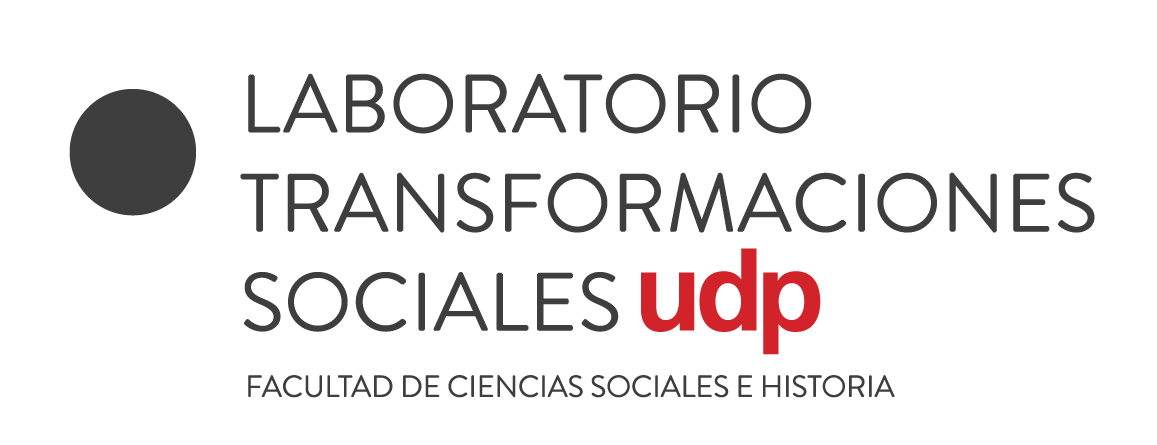Post-Marxism and Peripheral Thought in International Relations
DOI:
https://doi.org/10.32995/0719-64232022v8n15-127Keywords:
Peripheral sensitivity, Radical contingency, Peripheral dilemma, Antagonism, International conflictAbstract
Eduardo Devés' theory of peripheral thought has contributed to de-Westernizing social studies in general and international relations in particular. This theory has not only encouraged the development of research and publications on the Global South, but also the creation of academic networks between the peripheries, paying special attention to epistemological issues. However, very little has been discussed so far about ontology in peripheral thought. In this essay, I argue that an ontological discussion is the basis for proposing a post-Western approach to international relations. To this end, I make a post-Marxist reading of Devés's notions of peripheral sensibility and peripheral dilemma, using Ernesto Laclau's and Chantal Mouffe's categories of radical contingency and antagonism. The articulation of these two approaches is a novel way that contributes to studying international politics paying attention to the countries of the Global South.
Downloads
Published
How to Cite
Issue
Section
License
Copyright (c) 2022 Claudio Coloma

This work is licensed under a Creative Commons Attribution-NoDerivatives 4.0 International License.

Este obra está bajo una licencia de Creative Commons Reconocimiento-NoComercial-CompartirIgual 4.0 Internacional.



